Top 8 Ways to Free Your Mind from Intrusive Thoughts
They are intrusive thoughts if you have continuous, disturbing thoughts that you wish you could ignore. Keep in mind that intrusive thoughts are frequently ... read more...negative. These are the thoughts you need to get rid of, particularly if they are those you have a tendency to overthink or that are driven by anxieties and insecurities. Intrusive thoughts will prevent you from living your best life, continue reading to have the solutions for this circumstance!
-
You refuse to address the issue at hand, so your intrusive thoughts keep returning. Maybe a past trauma or a hard childhood is to blame for your symptoms. Both of these situations are challenging to remain in, and even if they happened in the past, it's simple to feel traumatized by them even now.
You must address the root of your problems if you wish to stop having repeated, overthinking thoughts. Although it is true that this is easier said than done, you must face your problems. Face your trauma or whatever problem you haven't dealt with yet; even though it's uncomfortable and scary, it's necessary. Otherwise, you'll have to repress your thoughts, which can result in intrusive thoughts that are difficult to control.
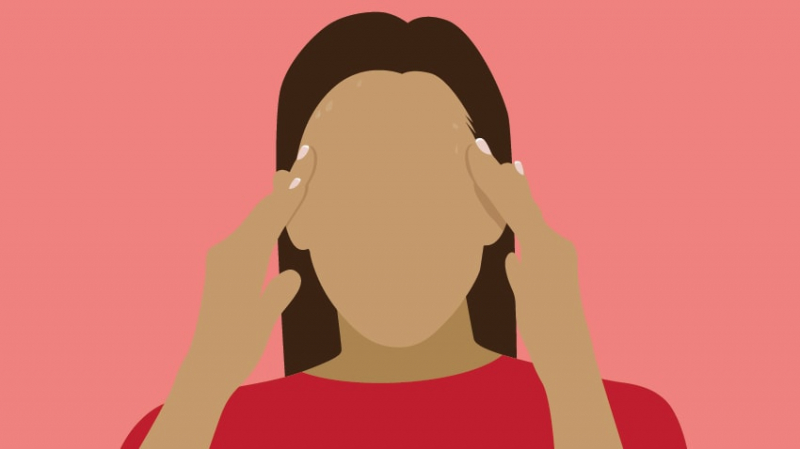
Face your problems 
Face your problems -
Stopping intrusive thoughts depends entirely on your ability to distinguish between rational and irrational thoughts. Your factual and valid thoughts are referred to as your logical thinking. These are reasonable ideas supported by evidence and facts, as opposed to irrational thoughts that are driven by anxiety, insecurity, and doubt.
Keep in mind that some thoughts can lead you to the life of your dreams, and others will sink you in a cycle of despair, confusion and frustration. To better control your intrusive thoughts, it would be great if you could learn to separate both of them. It's much simpler to know how to react when you are aware of the irrationality of a certain concept. You may train yourself not to believe in irrational thoughts, such as the one that keeps reminding you that you are worthless, and to just let them pass.
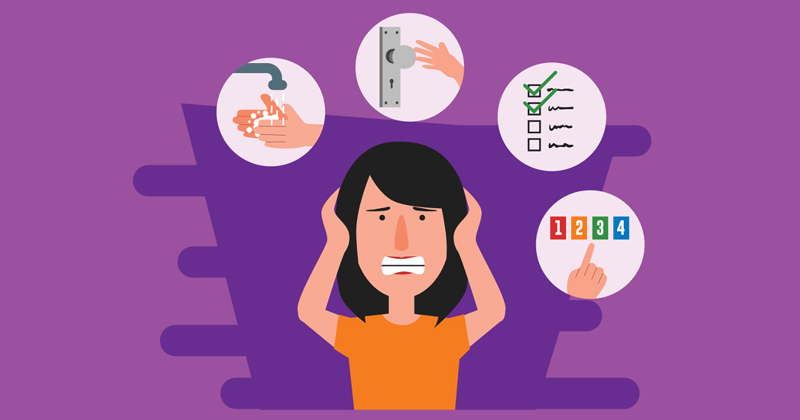
Separate rational from irrational thoughts 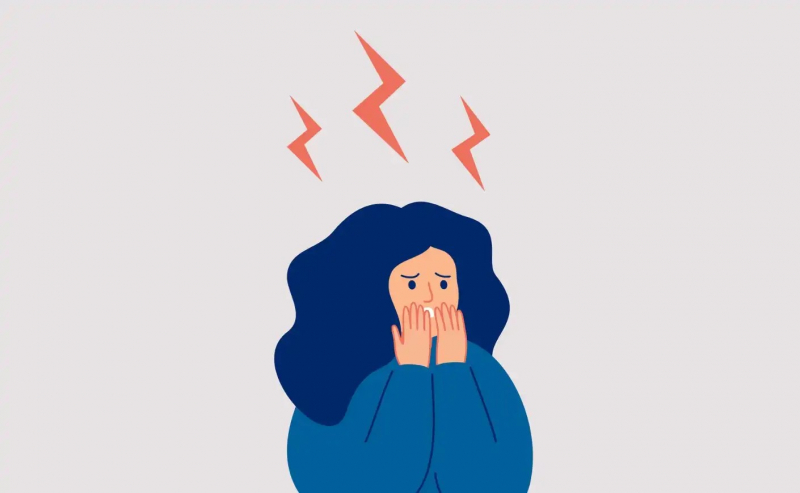
Separate rational from irrational thoughts -
The one virtue that people lack when they focus on their intrusive thoughts is gratitude. It's easy to concentrate on all the things you lack without appreciating what you have. Instead of being pleased that you have everything you need, this will result in complaining about what you don't.
Sometimes it takes more gratitude to change your thoughts. Gratitude is a lot more powerful emotion than all other negative emotions put together, including anger, grief, resentment, insecurity, and fear. Living an optimistic life and maintaining a good view of life alters your perspective on many things and situations. There are many other ways to practice gratitude such as every day, take a few minutes to write down three things for which you are grateful; create a ritual of gratitude. Or at the dinner table, show your gratitude to your loved ones, or make it a practice to thank your partner before you fall in for the sleep.
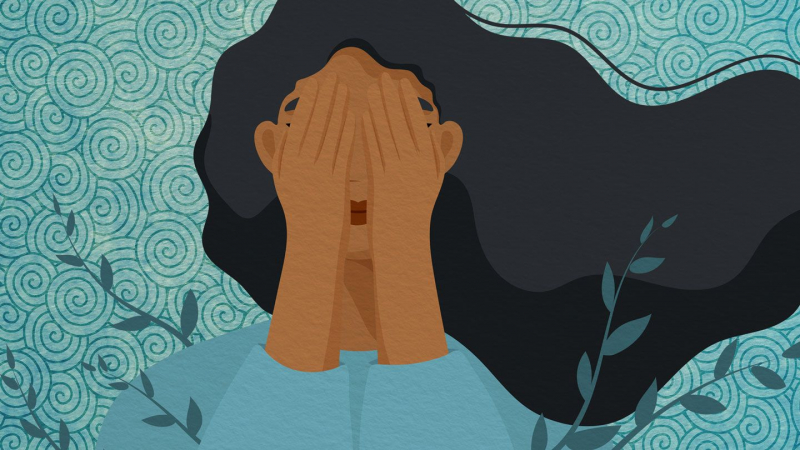
Incorporate more gratitude into your life 
Incorporate more gratitude into your life -
Your ability to manage or control your thoughts is closely related to your mindset. You will have a bad life if you don't have the proper mindset. You will feel this if you think that your flaws will always define you or that you will never amount to anything. If you want to stop having intrusive thoughts, you must alter your perspective on things. This goes for all of your life experiences, trauma, problems, and difficulties.
When you feel stuck, it can be quite difficult to change your mindset. Setting goals is a technique that has helped a lot of people succeed, and having a positive mindset is essential for learning new skills and keeping up in today’s world. Keep in mind the phrase “change your mindset change your life"!

Change your mindset 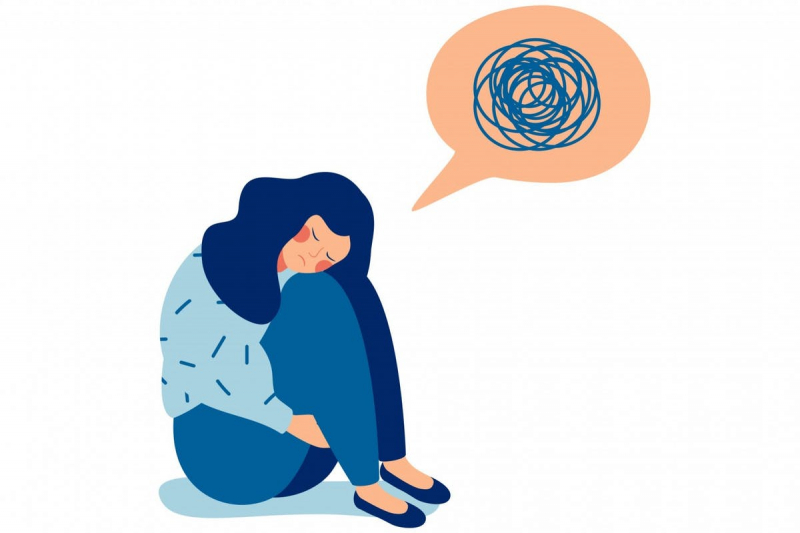
Change your mindset -
It's critical that you incorporate healthy habits if your ability to handle stress is hindered by intrusive thoughts. Your habits, whether they be related to diet or exercise, can improve how well you manage your difficult emotions.
In fact, some people exercise not just for the health advantages but also to help them clear their minds of distracting thoughts so they can think more clearly. This holds true for whatever habit you can think of incorporating into your life that may help with your thoughts. You may also choose to incorporate meditation since it is one of the breathing exercises that is recommended and will improve your attention and ability to manage your thoughts. “If you change your habits, you could change your life!”.

Incorporate healthy habits 
Incorporate healthy habits -
By giving all of your thoughts somewhere to go, keeping an anxiety journal might be beneficial for preventing intrusive thoughts. You can keep a journal for your anxiety as a place to express your stress, fear, and uncertainty. It is enough to have a space where you may write or type your thoughts in the journal; so it doesn't need to be very fancy. You don't need to judge which of your thoughts are valid, reasonable, or irrational before writing them.
In fact, practicing this is the greatest way to stop thinking, especially repetitive thoughts. If the thought comes to mind again just after you write them down, you’ll remember having this thought already. Writing in a journal can help you analyze your thoughts and change them from anxious and ruminative to empowered and action-oriented.
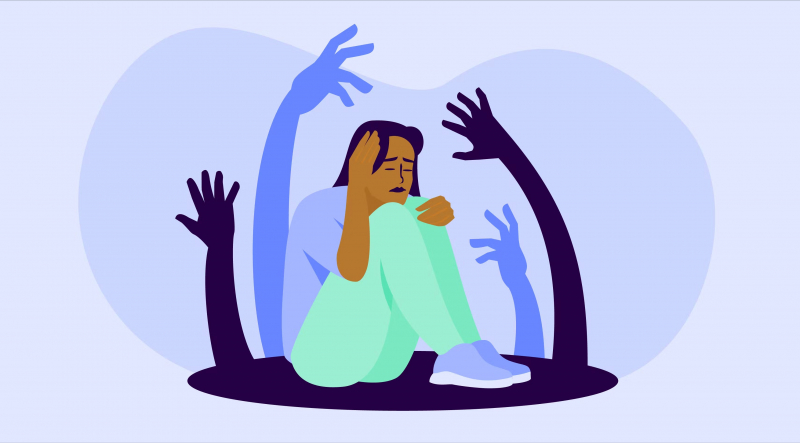
Create an anxiety journal 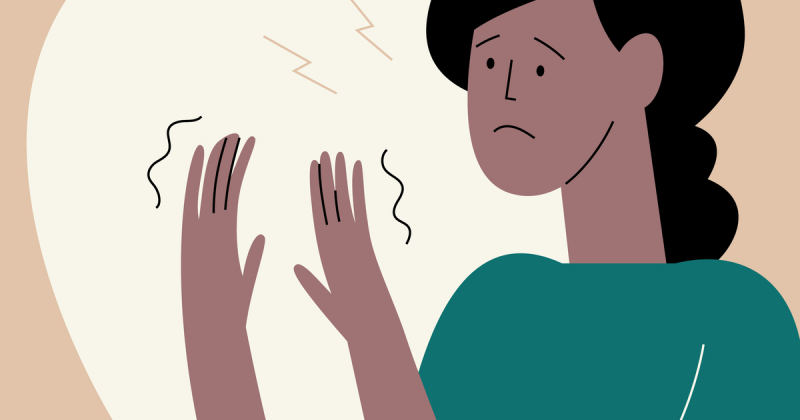
Create an anxiety journal -
Your thoughts are temporary, just like your emotions. In other words, even if it feels endless and unbearable, you must understand that it will finally pass. It ultimately shouldn’t matter if you don't dwell on your thoughts.
Although it's more difficult than it seems, resist the urge to act upon your intrusive thoughts. Recognize that the bulk of these thoughts are incorrect and come from worry and fear. Simply let them pass, and soon they will go. Obsessing and focusing on such ideas, though, will just make them more likely to occur. The more you can free yourself from your ideas, the better. Keep in mind that "This too shall pass" or “My thoughts are temporary”. There are simple but effective mantras that might help you in regaining perspective.
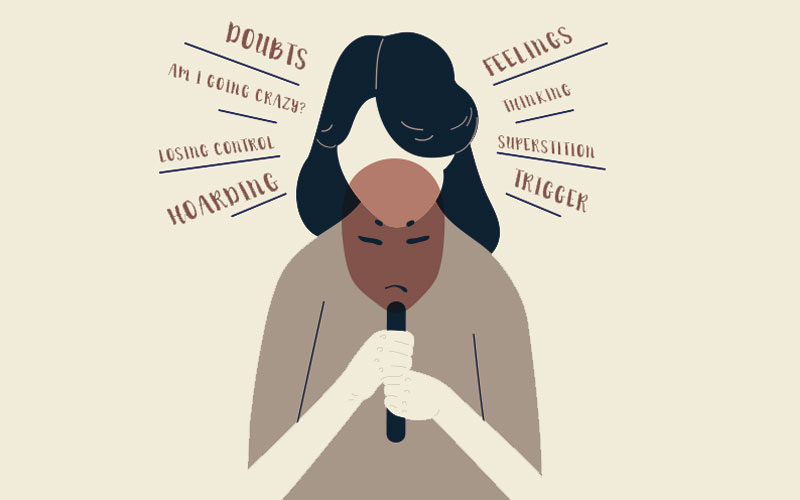
Create an anxiety journal 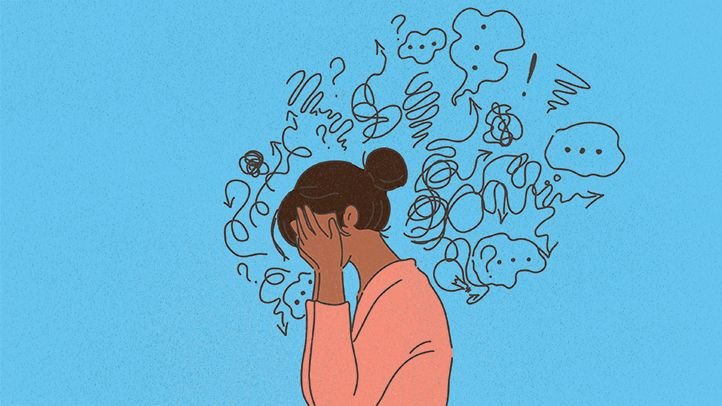
Create an anxiety journal -
Many people have emotions of guilt or shame when they admit to having intrusive thoughts. They make an effort to cope with their thoughts individually and to keep them private from other people. However, it may be helpful to talk to a counselor.
You may consult with a counselor if none of the above solutions work. There is nothing wrong with asking a professional for assistance, particularly when it comes to controlling your thoughts. The hardest thing you'll ever have to master is how to stop intrusive thoughts, so getting the help you need might put an end to these thoughts forever. Most importantly, a counselor will provide you with recommended coping strategies to handle your intrusive thoughts.

Talk to a counselor 
Talk to a counselor





























